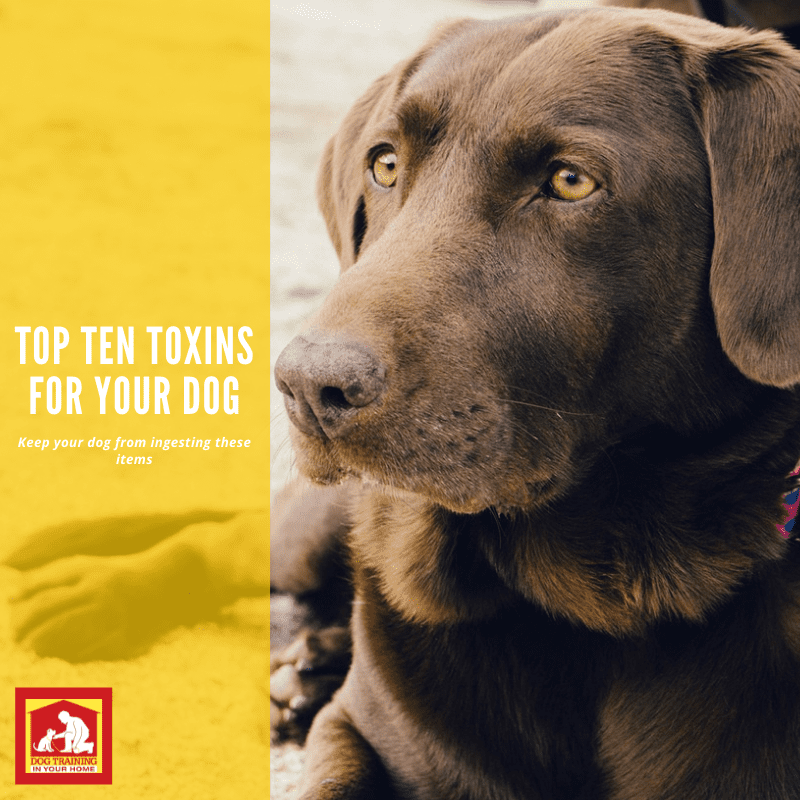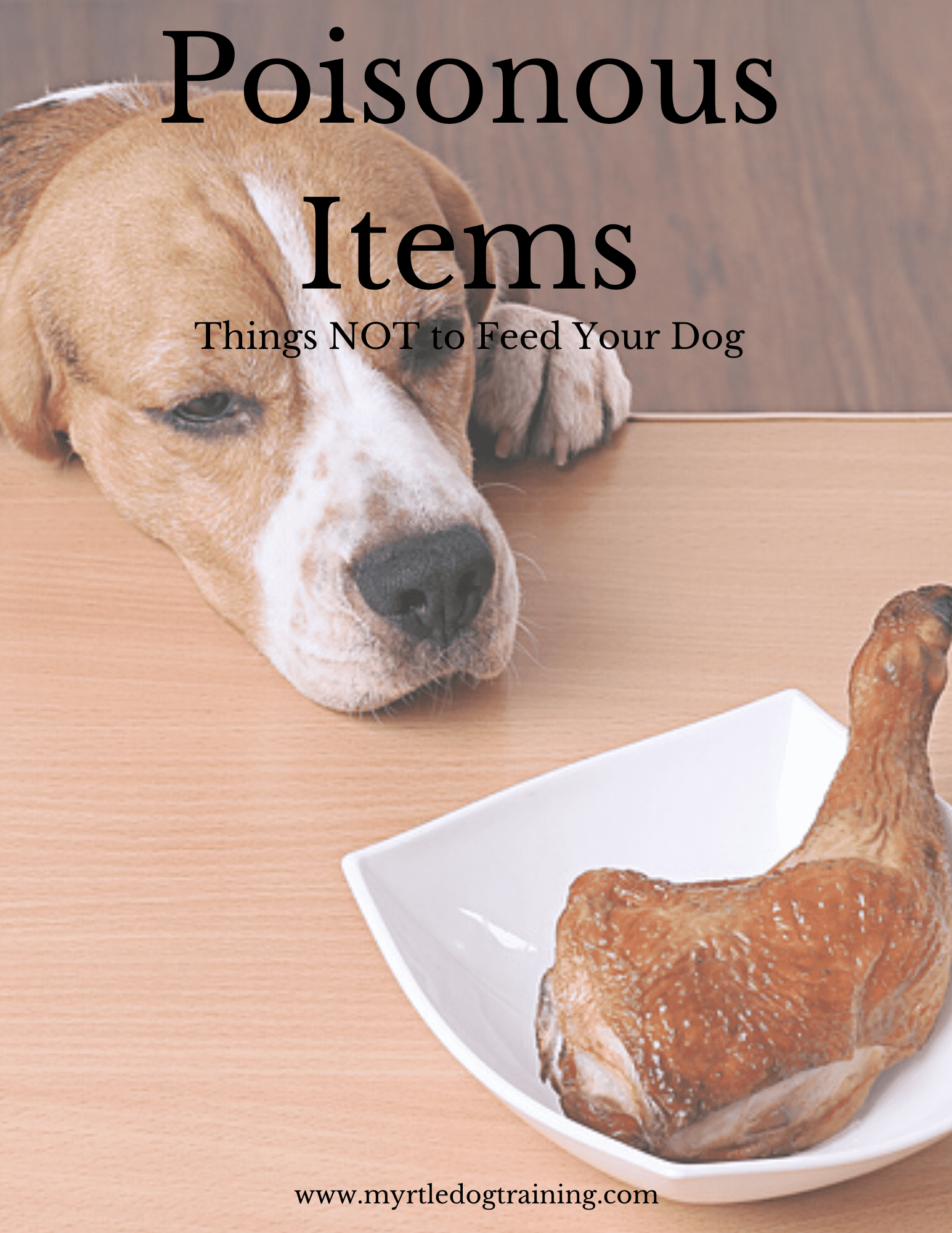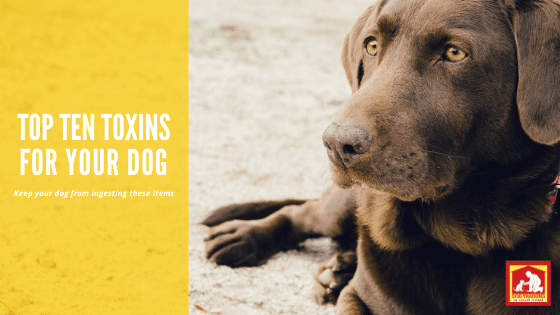
The top toxins to your dog so you can prevent accidental ingestion.
March is Poison Prevention Awareness Month, and Sunday starts a whole week dedicated to helping you prevent an accidental poisoning of your pet. Every year, the ASPCA puts out a list of toxins that can be harmful to your pet in ingested. They also put out a their list of toxins that are most commonly ingested by pets as reported by the ASPCA Animal Poison Control Center. While some you may have heard about before, this year their list was topped by over-the-counter and prescription medications. Keep reading for an overview:
Medications:
- Over-the-counter medications. It’s not just the acetaminophen and ibuprofen, it also includes herbal and other natural supplements. Keep these bottles out of cabinets that your pet could potentially open (or your toddler, for that matter – they could have a partner in this 😉 ).
- Human prescription medications. According to the ASPCA APCC, reported incidents of ingesting these was about 16% of all cases. It may come as no surprise that the type of medications pets were exposed to corresponded with the most popular medications prescribed to humans.
- Veterinary medications. Obviously, if your vet prescribes a medication, follow the label directions to get your dog better. The problem occurs when you over-medicate your dog. Dogs can overdose just like we can, so keep a checklist of when the dose is due and when you’ve given it.
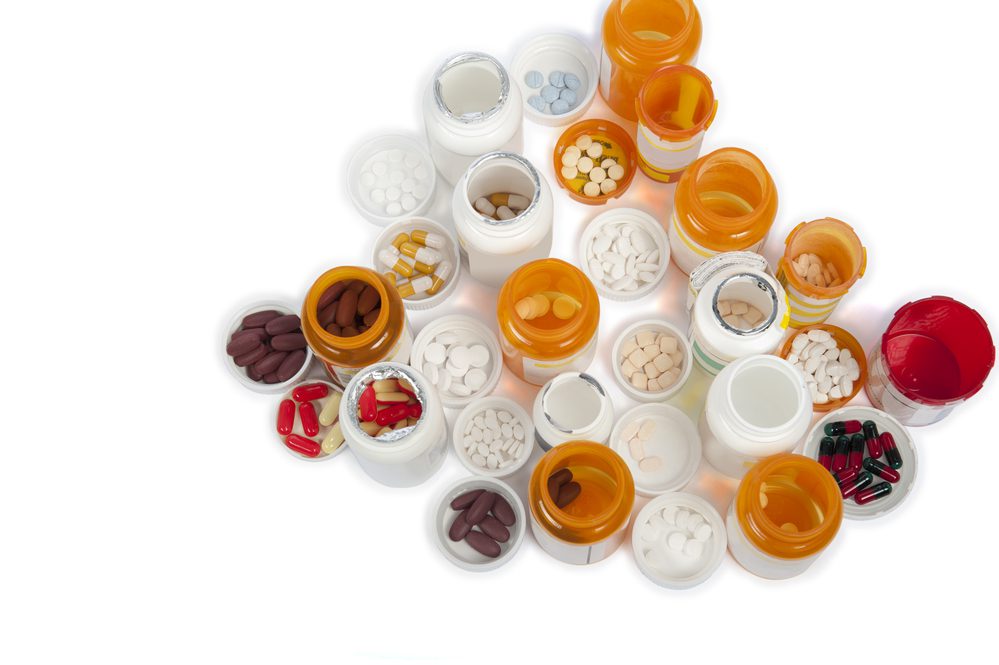
Your prescription medication can be poisonous to your dog – make sure it’s put away so they can’t get to it.
Around the Inside of Your House:
- Human foods. Not all human food is good for your dogs, and some can actually be deadly if ingested in enough amounts. Getting human foods isn’t just about not giving them scraps – make sure they don’t jump on tables/counters to “steal” it, and keep them out of trash cans, too! The ASPCA has a list you want your dog to avoid.
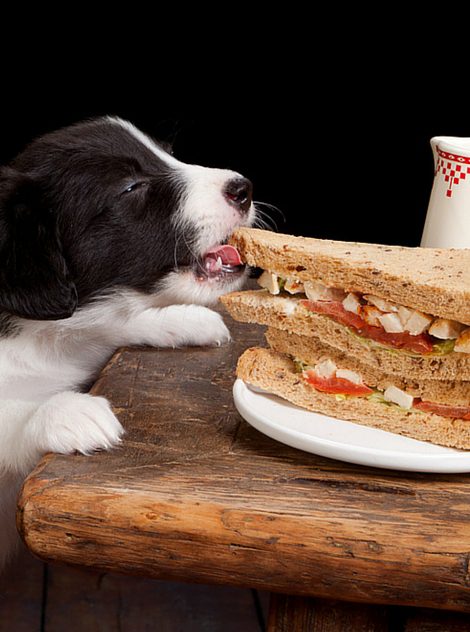
- Household items. The most common culprits people think about are cleaning products, but you’d be surprised about what else can be poisonous. Symptoms can range from mild stomach upset to more serious problems, but always read labels and take your dog to a vet if you are concerned.
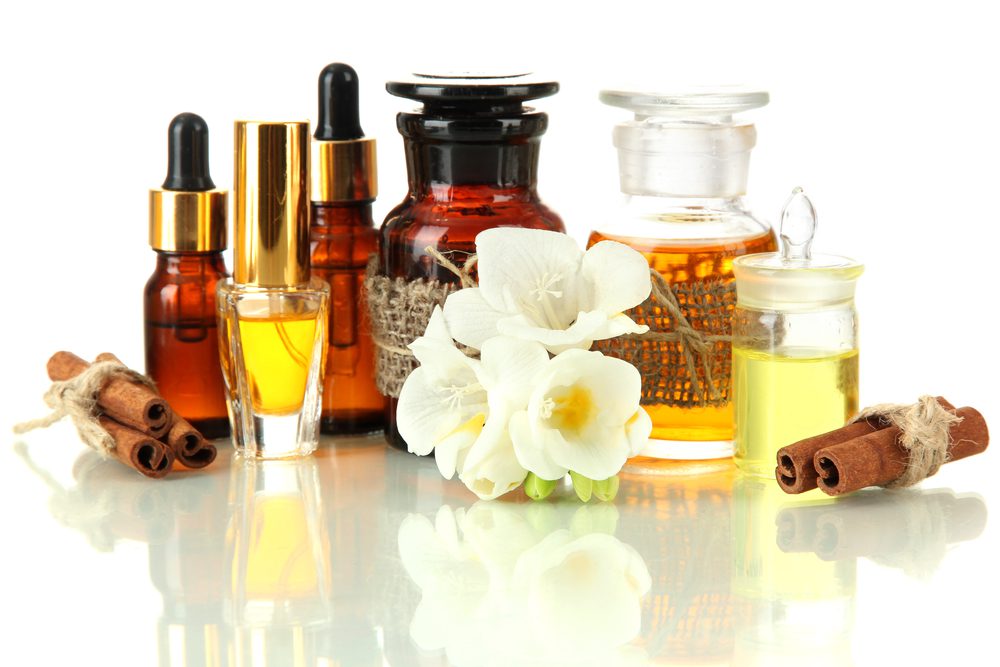
- Chocolate. This is an extension of #4, but this one in particular still ranks in the top 10 by itself. Remember – the darker the chocolate, the more harmful and dangerous it can be.
- Plants. For those of us who have a green thumb, this can be both indoor or outdoor plants. Or, around the holidays it can be the decorative ones like Easter Lilies and Poinsettias. Plants have different levels of toxicity. So if your dog likes to chew on plants, be sure to check to see the effect it may have on them. The ASPCA has a great list of Toxic and Non-toxic plants as a resource.
Related: Go All Natural With Flea and Tick Prevention
Around Your Yard or Garage:
- Insecticides. Please make sure you follow the label instructions, as these can be very harmful to pets.
- Rodenticides. If it’s toxic to mice and other rodents, chances are it’s going to be toxic for your dog. Keep your dog away from these.
- Lawn and garden products. Read the labels – because this also includes fungicides and herbicides that we put on our lawns and gardens. Some are fine after watering, or after being on your lawn a certain amount of time.
If you would like a FREE PDF of some common items that can be toxic to your dog, please click on the link below.
If you want a PDF of a list of things that can be poisonous for your dog, sign up below and we'll send you one 🙂
Need help training your dog to stay away from some of these? We can help!
Call today: 843-360-6033 FIRST VISIT FREE!
Any age, Any breed; Veterinarian Recommended



